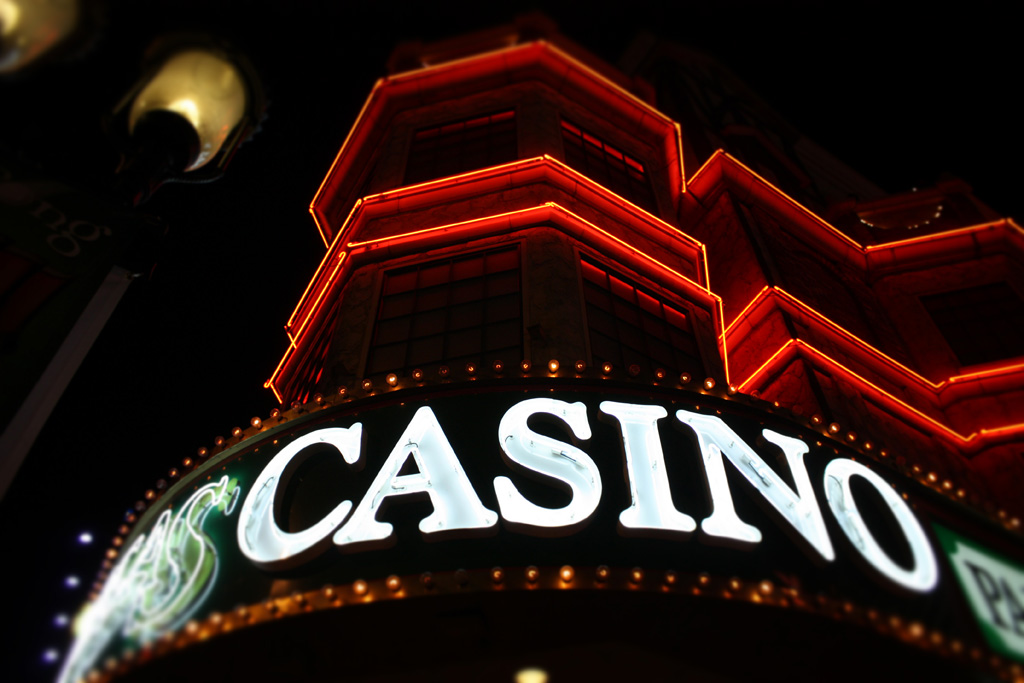A Relationship Between Gambling Activities and Math

Gambling games have captivated players for centuries, pulling them into a world of adventure, luck, and wealth. From the flashing lights of slot machines to the strategic action of poker tables, these games offer a special combination of fun and hazard. However, below the surface of this glamour and glamour lies a intricate interplay of mathematics that influences every outcome and choice made within the casino.
Comprehending this relationship between gaming activities and numerical principles not only improves the playing experience but may also help gamblers make informed choices. Whether you are a recreational gambler or a passionate fan, recognizing the math concepts at play can give insightful knowledge into probability, odds, and strategies, finally influencing how one deals with these chance games.
Mathematical Probability in Betting
In the world of gambling activities, mathematical likelihood plays a critical role in assessing results and guiding gambler decisions. Every game has a unique set of rules and a specific likelihood model that affects its dynamics. For instance, in games like the roulette wheel, players must grasp the chances of hitting a certain digit or color. The likelihood of certain events occurring can be calculated, and this understanding can substantially influence betting tactics.
Players also need to be informed of the casino edge, which is the mathematical benefit that casinos hold over players in the long term. This advantage differs across various activities. In 21, skilled players can use tactics to reduce the casino edge to as little as one %, while in games like slot machines, the casino edge can be substantially larger. Comprehending the casino advantage allows gamblers to make wise decisions about which games to participate in and the amount to wager.
Furthermore, probability is essential in the principle of risk versus gain in gambling. Every bet carries a certain danger factor, and players must consider the possible payout against that danger. Activities like poker require gamblers to not only compute the odds of their personal showing winning but also to evaluate the probabilities of their rivals' showings. By applying statistical principles to their strategy, players can boost their odds of winning and participate more strategically in the thrilling realm of casino games.
Expected Worth in Casino Activities
When talking about gambling games, one of the fundamental concepts rooted in mathematics is the expected value. This statistical measure helps gamblers understand the potential outcomes of their wagers over time. In simple terms, anticipated value (EV) determines the average amount a player can anticipate to gain or suffer per bet if they were to play the activity repeatedly. Each activity has its own EV, affected by the probabilities and the casino advantage, which indicates the advantage that the gambling establishment holds.
For instance, think of a activity like the roulette game. The anticipated value can be derived based on the specific bet made. If a gambler bets on a single number, the payout is 35 to 1, but the actual chances of success that wager are 1 in 37 (in European roulette). This results in a negative expected worth, indicating that, on average, gamblers will lose money over a period when playing this type of wager. Grasping this idea allows players to make better educated choices about which games and wagers may be more favorable. https://fb88.locker/
Additionally, the exploration of expected worth can lead to improved money management. Gamblers who understand the math behind their games are often able to set practical expectations. By acknowledging their potential deficits and gains, they can adjust their gambling strategies accordingly, which may improve their total gaming experience overall. As a result, expected worth serves as a critical tool for both novice and experienced players to navigate the frequently unpredictable nature of gambling games.
Strategies and Odds: The Math Behind Success
In casino games, comprehending the odds is essential for participants seeking to enhance their chances of success. Each game has its own unique set of probabilities that dictate successful results, and these figures are often found in the gaming regulations or payout tables. For case, in activities like blackjack, players can boost their chances through strategies such as tracking cards, which relies on arithmetic concepts to gain an upper hand over the casino. By educating themselves with the probabilities, participants can make more informed decisions on when to wager and when to fold.
Additionally, the concept of expected outcome has a major role in gambling strategies. Expected value assesses the mean outcome of a wager over time, allowing players to evaluate whether a particular bet is worth taking. For example, fruit machines have a set payout percentage, which can indicate the average payout a gambler can look for on their bets. By choosing games with greater payout percentages, participants can minimize the casino edge, boosting their potential returns in the over time.
In conclusion, successful gamblers often adopt a mix of luck and math strategy to improve their gaming experience. While chance is uncontrollable, managing a staking plan based on mathematical insights can lead to more favorable outcomes. By making use of techniques such as money management and picking games, players can utilize math to maneuver through the unpredictable nature of casino games, making the most of their investments and resources at the tables.
